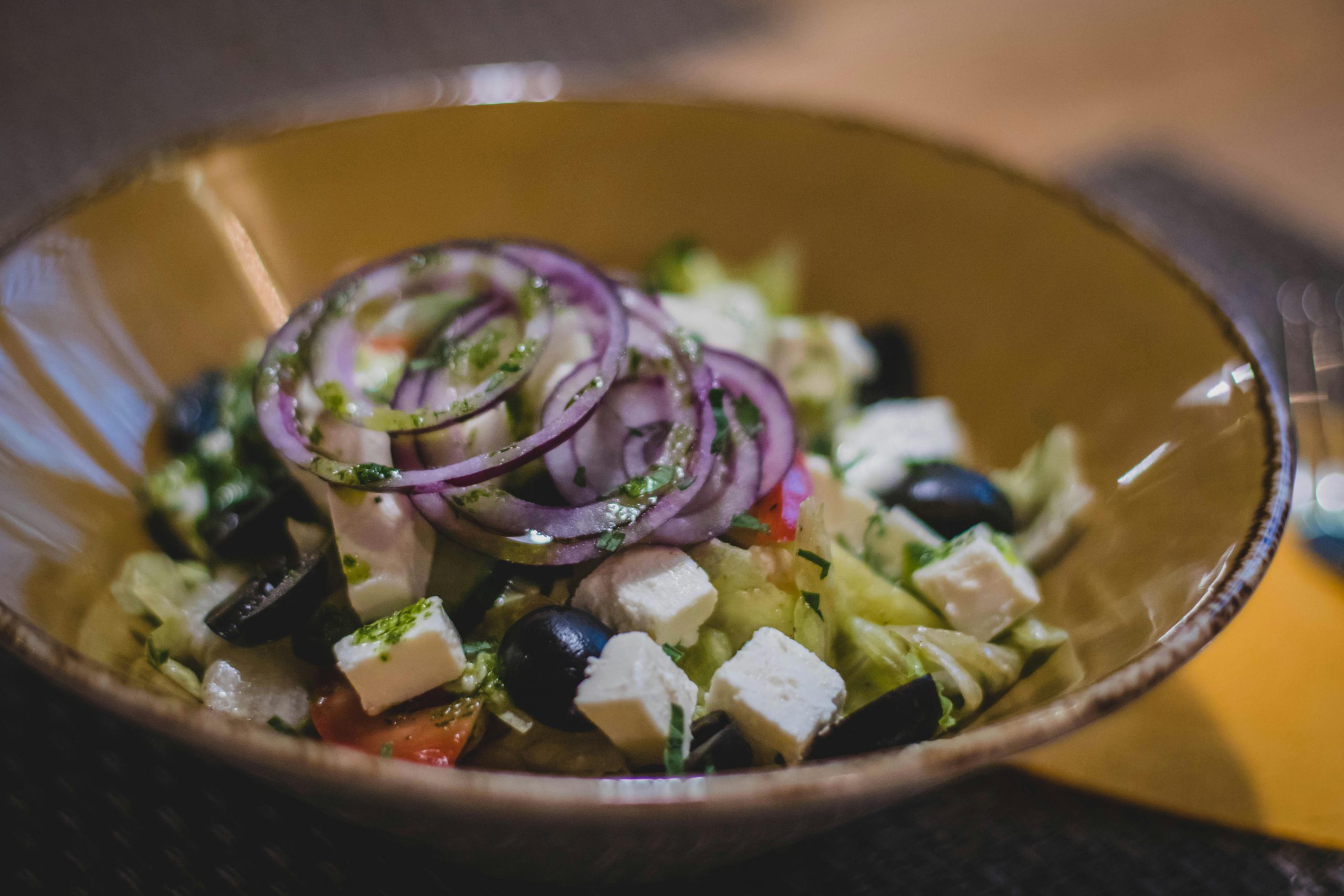Navigating the world of weight loss can be challenging, with conflicting advice and endless fad diets. However, the key to sustainable and healthy weight loss lies in a simple yet often overlooked aspect: nutrition. A well-balanced diet is not just about shedding pounds; it’s about nourishing your body, boosting energy levels, and improving overall well-being.
This article delves into the science of weight loss nutrition, providing practical tips and strategies to help you achieve your goals safely and effectively.
We’ll start by examining the fundamental principles of weight loss nutrition, exploring the crucial role of calorie intake and expenditure. Understanding these concepts is essential for making informed choices about your diet. Next, we’ll delve into the specific food groups that play a vital role in promoting weight loss, highlighting their nutritional benefits and providing practical tips for incorporating them into your daily meals.
Finally, the article will address common pitfalls and challenges associated with weight loss nutrition, offering solutions and strategies to stay motivated and on track. By the end, you’ll have a comprehensive understanding of the science behind weight loss nutrition, empowering you to make informed choices that support your health and fitness journey.
Fuel Your Fat Loss

Losing weight is a journey that requires patience, dedication, and a mindful approach to your diet. While calorie restriction plays a crucial role, it’s essential to prioritize nutrient-rich foods that fuel your body and support your fat loss goals. This means focusing on a balanced diet that provides adequate protein, healthy fats, and complex carbohydrates.
Protein is your weight loss ally. It boosts metabolism, promotes satiety, and helps preserve muscle mass during calorie reduction. Aim for lean protein sources like chicken breast, fish, tofu, beans, and lentils.
Incorporating protein into each meal and snack keeps you feeling fuller for longer, reducing cravings and mindless snacking.
Healthy fats are not the enemy. They are essential for hormone production, nutrient absorption, and satiety. Opt for monounsaturated and polyunsaturated fats found in avocados, nuts, seeds, olive oil, and fatty fish like salmon.
These fats can help you feel satisfied and curb your appetite.
Complex carbohydrates are your energy source. Choose whole grains like brown rice, quinoa, oats, and whole-wheat bread over refined grains that spike blood sugar levels. These complex carbohydrates release energy gradually, keeping your energy levels stable and preventing energy crashes.
Hydration is critical for weight loss. Water plays a vital role in regulating body temperature, transporting nutrients, and flushing out toxins. Aim for 8 glasses of water daily, and remember that water-rich fruits and vegetables like watermelon, cucumbers, and spinach can contribute to your overall hydration.
Don’t forget the power of fiber. Soluble fiber found in oats, beans, and flaxseeds helps regulate blood sugar levels and promotes a feeling of fullness. Aim for 25-30 grams of fiber daily for optimal digestive health and weight management.
Fueling your body with nutrient-rich foods is a key component of sustainable weight loss. By prioritizing protein, healthy fats, complex carbohydrates, and fiber, you can create a balanced diet that supports your metabolism, promotes satiety, and helps you reach your weight loss goals.
Eat Smart, Lose Weight

To achieve sustainable weight loss, it’s crucial to focus on long-term healthy habits rather than quick fixes. The key lies in adopting a balanced and nutritious diet that nourishes your body while promoting weight management. Here are some essential nutrition tips to help you eat smart and lose weight effectively:
- Prioritize Protein: Protein is essential for building and repairing tissues, keeping you feeling full, and boosting metabolism. Aim to include lean protein sources like chicken, fish, tofu, beans, and lentils in every meal.
- Embrace Fiber-Rich Foods: Fiber-rich foods like fruits, vegetables, whole grains, and legumes are your weight loss allies. They promote satiety, regulate digestion, and stabilize blood sugar levels.
- Control Portion Sizes: It’s easy to overeat, even with healthy foods. Using smaller plates, measuring portions, and being mindful of your hunger cues can help you control calorie intake.
- Stay Hydrated: Water is crucial for various bodily functions and can help you feel full, curb cravings, and boost metabolism. Aim for 8 glasses of water per day.
- Choose Healthy Fats: Not all fats are created equal. Incorporate healthy fats from sources like avocados, nuts, seeds, and olive oil into your diet.
- Limit Processed Foods: Processed foods are often high in unhealthy fats, added sugars, and sodium. Opt for whole, unprocessed foods whenever possible.
- Read Food Labels: Pay attention to serving sizes, calorie counts, and nutritional information on food labels to make informed choices.
- Listen to Your Body: Pay attention to your body’s hunger and fullness cues. Eat when you’re truly hungry and stop when you feel satisfied. Avoid emotional eating.
- Plan Your Meals: Planning meals ahead of time can help you make healthier choices and avoid impulsive snacking.
- Incorporate Regular Exercise: Combining a healthy diet with regular exercise is essential for sustainable weight loss. Aim for at least 30 minutes of moderate-intensity exercise most days of the week.
Remember, weight loss is a journey, not a race. Be patient with yourself and celebrate small victories along the way. By following these nutrition tips, you can set yourself up for success and achieve your weight loss goals in a healthy and sustainable manner.
Portion Control Power

Portion control is a key pillar of sustainable weight loss. It’s about consuming the right amount of food, not necessarily eliminating entire food groups. Think of it as a mindful approach to eating, ensuring you’re fueling your body with the nutrients it needs without overdoing it.
Here are some strategies to master portion control:
- Use Smaller Plates: Switching to smaller dinner plates can trick your brain into thinking you’re eating a larger portion. You’ll feel satisfied with less food, preventing overeating.
- Measure and Weigh: Don’t rely on eyeballing. Use measuring cups and a food scale to accurately determine serving sizes. This will help you understand what a standard portion truly looks like.
- Read Food Labels: Pay close attention to the serving size listed on food labels. Many packages contain multiple servings, so be mindful of your intake.
- Practice Mindful Eating: Slow down and savor each bite. Put your fork down between bites, and pay attention to your hunger and fullness cues. This helps you recognize when you’re truly satisfied.
- Choose Nutrient-Dense Foods: Prioritize fruits, vegetables, lean proteins, and whole grains. These foods are packed with nutrients and will keep you feeling full longer, helping you control portions naturally.
- Snack Smart: If you’re prone to snacking, opt for healthy options like fruits, vegetables, nuts, or yogurt. These snacks provide nutrition and keep you from reaching for high-calorie, low-nutrient options.
- Cook More Often: Preparing meals at home allows you to control ingredients and portion sizes. You’ll be more aware of what goes into your food and avoid restaurant portions that are often oversized.
Portion control is a skill that takes time and practice. Start with one or two changes at a time and gradually incorporate more strategies into your routine. Remember, consistency is key.
Over time, you’ll develop a better understanding of what your body needs and how to achieve sustainable weight loss through mindful portioning.
Hydration for Success

Staying hydrated is often overlooked when it comes to weight loss, but it’s a crucial part of the puzzle. Water plays a vital role in boosting your metabolism, helping you feel full, and even aiding in the breakdown of fat. Here’s how:
- Boosts Metabolism: Drinking water can temporarily increase your metabolic rate, meaning your body burns more calories even at rest. This slight increase in metabolism can contribute to a small but significant calorie burn over time.
- Promotes Feeling Full: Water fills your stomach, giving you a sense of fullness and helping you eat less. This is particularly useful when trying to curb those cravings between meals.
- Aids in Fat Breakdown: Water is essential for the breakdown of fat and its transport throughout the body. Adequate hydration ensures your body can efficiently utilize fat as a fuel source.
Remember, it’s not just about drinking enough water throughout the day. The timing also matters:
- Start your day with water: A glass of water first thing in the morning helps kickstart your metabolism and can make you feel less hungry throughout the day.
- Drink water before meals: Drinking a glass of water 30 minutes before a meal can help you feel fuller, leading to a smaller portion size.
While the amount of water you need varies based on your activity level and climate, aim for at least 8 glasses of water daily. You can also get hydration from fruits and vegetables like watermelon and cucumbers. Listen to your body and drink when you feel thirsty – don’t wait until you’re dehydrated.
Mindful Eating Habits

Mindful eating is a powerful tool for weight loss. It involves paying attention to your food and your body’s cues, which can help you eat less and make healthier choices. Here are some tips to practice mindful eating:
- Eat slowly and savor each bite: Instead of rushing through meals, take your time. Chew your food thoroughly and enjoy the flavors and textures. This helps you feel more satisfied with less food.
- Put down your distractions: Turn off the TV, put away your phone, and focus on your meal. This helps you become more aware of what you’re eating and how much you’re consuming.
- Listen to your body’s signals: Pay attention to your hunger and fullness cues. Eat when you’re genuinely hungry and stop when you feel comfortably satisfied. Don’t eat out of boredom or emotional distress.
- Choose a calming environment: Find a peaceful place to eat, away from distractions. This allows you to focus on your food and your body’s signals.
- Practice gratitude: Before you eat, take a moment to appreciate the food you are about to enjoy. This can help you feel more satisfied and less likely to overeat.
Mindful eating is a skill that takes practice. Be patient with yourself and don’t be discouraged if you slip up occasionally. The more you practice, the more mindful you will become, and the better equipped you’ll be to make healthy choices that support your weight loss goals.
Sustainable Weight Loss

Sustainable weight loss isn’t about crash diets or restrictive eating plans. It’s about making gradual, healthy changes to your lifestyle that you can maintain over the long term. This approach is much more effective than quick fixes, as it helps you establish healthy habits that will lead to sustained results.
Here’s how you can focus on sustainable weight loss through nutrition:
1. Prioritize Whole Foods: A key principle of sustainable weight loss is to fill your plate with nutrient-rich, minimally processed foods. This means focusing on fruits, vegetables, lean proteins, whole grains, and healthy fats.
These foods provide essential vitamins, minerals, and fiber that keep you feeling full and satisfied, preventing overeating and cravings.
2. Mindful Eating: Pay attention to your hunger cues and eat when you’re truly hungry, not out of boredom, stress, or emotional triggers. Savor each bite, chew your food thoroughly, and take breaks during meals to allow your body to register fullness.
This conscious approach helps you eat less overall and avoid overindulging.
3. Stay Hydrated: Water plays a crucial role in weight management. It helps you feel fuller, promotes satiety, and aids in digestion.
Aim to drink plenty of water throughout the day, and consider replacing sugary drinks with water or unsweetened tea.
4. Incorporate Protein: Protein is essential for building and maintaining muscle mass, which helps boost metabolism and burn calories. Aim to include protein sources like lean meats, poultry, fish, beans, lentils, and tofu in every meal.
5. Manage Your Portions: Portion control is key to sustainable weight loss. It’s easy to overeat without realizing it, so use smaller plates, measure your food, and be mindful of serving sizes.
It’s also helpful to pack your own lunches and snacks to avoid restaurant portions.
6. Don’t Eliminate Entire Food Groups: While it’s important to focus on healthy foods, completely eliminating entire food groups can lead to nutrient deficiencies and cravings. Instead, practice moderation.
If you enjoy sweets, indulge in small portions occasionally as part of a balanced diet.
7. Listen to Your Body: Everyone’s body is different, and what works for one person may not work for another. Pay attention to how your body responds to different foods and make adjustments as needed.
There’s no one-size-fits-all approach to nutrition, so find what works best for you.
Remember, sustainable weight loss is a journey, not a sprint. Be patient with yourself, make gradual changes, and celebrate your progress along the way. With consistent effort and the right approach, you can achieve lasting results and improve your overall health and well-being.
Conclusion
Losing weight effectively and sustainably requires a holistic approach that considers not just what you eat, but how you eat. We’ve explored the key pillars of successful weight loss: fueling your fat loss with nutrient-dense foods, eating smart with balanced meals and healthy snacks, embracing portion control to manage calorie intake, and staying hydrated for optimal metabolism. Understanding your individual needs and developing mindful eating habits is crucial for long-term success.
Remember, sustainable weight loss isn’t about quick fixes but about making lasting changes that nourish your body and mind. We encourage you to experiment with these tips and find what works best for you. Start your journey today and embark on a healthier, happier you.
